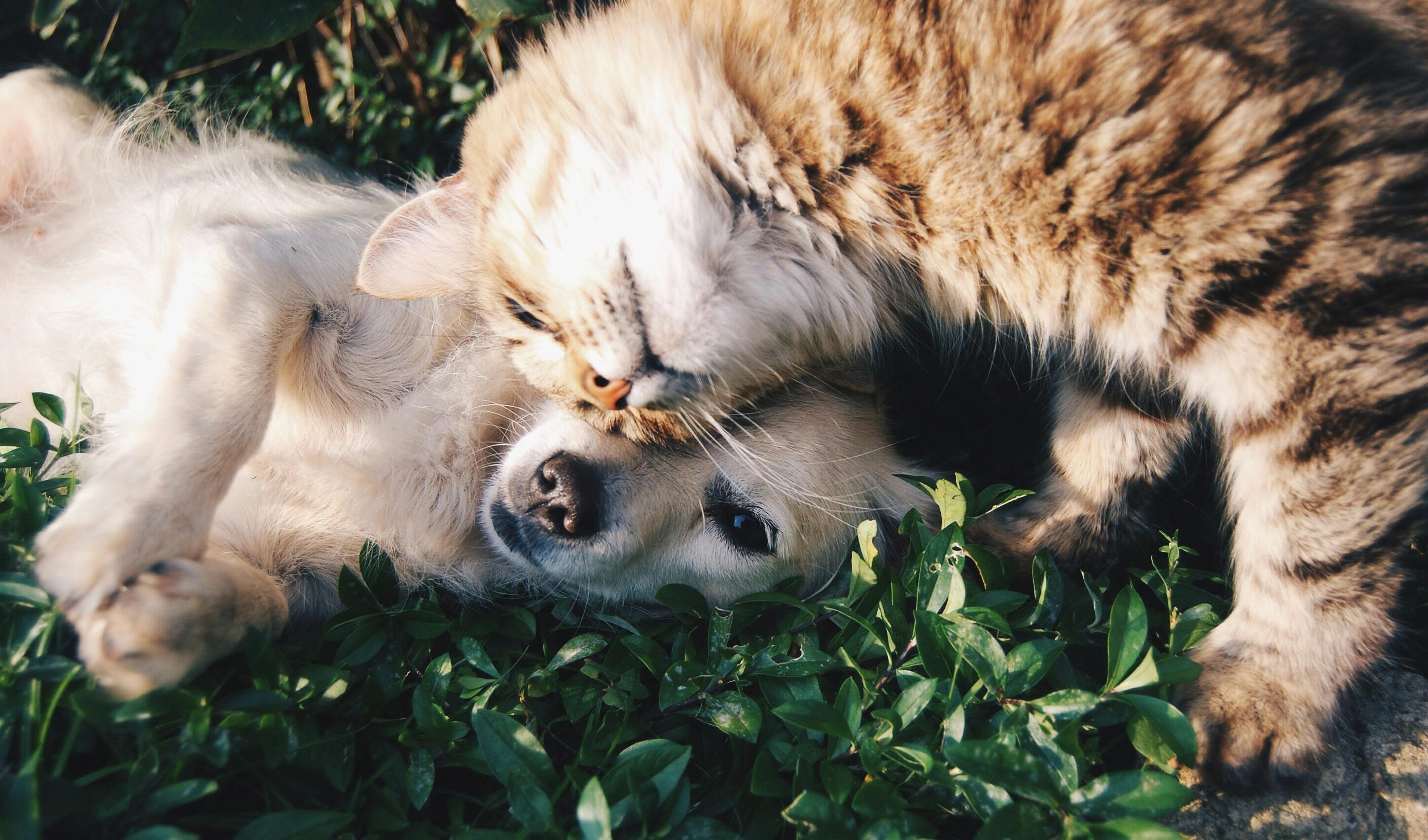When it comes to pet allergies, most people think of cats being allergic to dogs, but the truth is, dogs can also be allergic to cats. At Ingleside Animal Hospital, we want to help you understand this phenomenon so you can keep your furry friends comfortable and healthy.
Understanding Allergies in Dogs
Allergies in dogs can manifest in various ways, including skin irritations, itching, respiratory issues, and gastrointestinal problems. These allergic reactions are often caused by environmental allergens, food, or specific substances, such as dander, saliva, and urine from other animals.
What Causes Allergies to Cats?
-
Dander: Cat dander is a common allergen for many dogs. It consists of tiny, lightweight skin flakes that can easily become airborne and settle in your home.
-
Saliva: When cats groom themselves, they spread saliva onto their fur. This saliva contains proteins that can trigger allergic reactions in dogs when ingested or inhaled.
-
Urine: Like saliva, cat urine also contains proteins that can cause allergies. If a dog comes into contact with surfaces that have been marked by a cat, they may develop a reaction.

Symptoms of Cat Allergies in Dogs
If your dog is allergic to cats, you may notice several symptoms, including:
- Itchy skin: Excessive scratching, biting, or licking can indicate an allergy.
- Skin infections: Chronic scratching can lead to hot spots or secondary infections.
- Respiratory issues: Coughing, sneezing, or nasal discharge can occur if a dog is exposed to cat allergens.
- Digestive problems: Some dogs may experience vomiting or diarrhea if they have ingested allergens.
Diagnosis and Treatment
If you suspect your dog is allergic to cats, it's important to consult with a veterinarian. At Ingleside Animal Hospital, we can perform allergy testing to identify the specific triggers. Treatment options may include:
- Allergen avoidance: Minimizing exposure to cats is the best preventive measure.
- Medications: Antihistamines, corticosteroids, or other medications can help manage symptoms.
- Immunotherapy: Allergy shots may be recommended for long-term relief.
Tips for Managing Allergies
- Regular Cleaning: Frequent vacuuming and cleaning can help reduce dander and allergens in your home.
- Designate Pet-Free Zones: Create areas in your home where your dog can escape from potential allergens, such as a room free of cats.
- Bathing and Grooming: Regularly bathing your dog can help remove allergens from their fur.
While it may seem unusual, dogs can indeed be allergic to cats. By understanding the symptoms and treatment options available, you can help your dog live a comfortable and healthy life. If you have concerns about your pet’s health, don’t hesitate to reach out to us at Ingleside Animal Hospital. We’re here to help you navigate your pet’s allergies and provide the best care possible!
If you have questions and you'd like to reach out to us, you can call us directly at (602) 833-7511, or you can email us at [email protected]. Don't forget to follow us on social media Facebook, Instagram.
